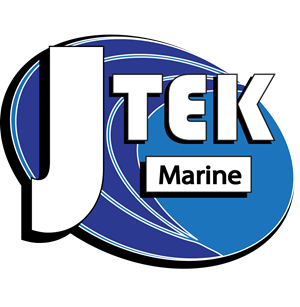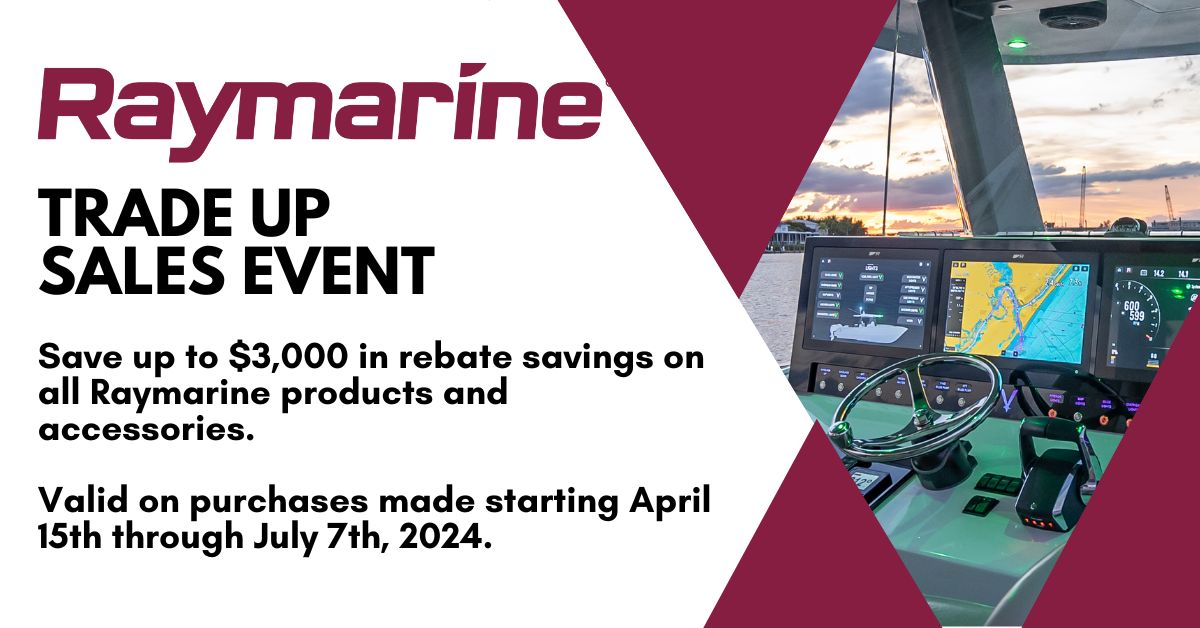Raymarine, a renowned leader in marine electronics, has been at the forefront of designing and manufacturing cutting-edge technology for the boating industry. Known for their high-quality products, Raymarine's range includes everything from navigation equipment to autopilots, catering to the needs of casual boaters and professional mariners alike.
Autopilots in Modern Boating
The integration of autopilots in modern boating has revolutionized the way we navigate the seas. An autopilot for boats is not just a tool; it's a critical component that offers precision, safety, and ease, allowing sailors to focus on the overall experience rather than the tedium of constant course adjustments.
Marine autopilots have come a long way since their inception. Originally simple mechanical devices, they have evolved into complex systems that integrate advanced technologies. Raymarine has been a significant contributor to this evolution, constantly refining and improving boat autopilots.
How Raymarine Marine Autopilots Work
At its core, a marine autopilot is designed to automatically steer a boat. Raymarine autopilots use a combination of sensors, GPS data, and control algorithms to maintain a set course. Simplified for the general reader, think of it as a smart system that takes over the steering, allowing for a more relaxed boating experience.
Key Features and Innovations
Raymarine autopilots stand out due to their unique features:
- AI-Controlled: These autopilots are equipped with artificial intelligence that adapts to varying sea conditions, offering unmatched precision and reliability.
- Integration with Navigation Systems: Raymarine autopilots seamlessly integrate with various navigation systems, providing a holistic navigational solution.
When compared to other brands, Raymarine consistently leads in integrating cutting-edge technology and user-friendly interfaces. Their latest innovations include enhanced AI capabilities and improved system integration, setting new standards in marine autopiloting.
Raymarine Autopilot Models and Specifications
Raymarine offers a range of autopilot models, each designed for specific boating needs:
- EV100 Power Pilot:
- EV150 Power Pilot:
- EV200 Power Pilot:
- EV300 Solenoid Pilot:
- EV400 Power Pilot:
- EB DBW Pilot:
Ideal for smaller powerboats, offering reliable performance in a compact design.
A perfect balance of performance and value for mid-sized powerboats.
Designed for larger vessels, providing robust and precise control.
Tailored for vessels with solenoid control, offering advanced features for challenging conditions.
The ultimate choice for large and demanding vessels, equipped with superior technology.
A specialized model for drive-by-wire systems, offering unparalleled precision and control.
Each model is designed with specific specifications and uses in mind, ensuring that there is a Raymarine autopilot suitable for every type of vessel.
Things To Consider
When selecting a Raymarine autopilot, consider the following factors:
- Boat Size and Type: Choose a model that matches the size and type of your vessel.
- Navigation Needs: Consider the complexity of your typical voyages and choose a system that meets those requirements.
- Integration with Other Systems: Ensure compatibility with your existing navigation and electronic systems.
Raymarine autopilots represent the pinnacle of marine autopiloting technology. From their AI-controlled systems to seamless integration with navigation systems, they offer unmatched precision and ease of use. Whether you're a casual boater or a professional mariner, exploring Raymarine's range of autopilots is a step towards safer, more enjoyable, and efficient sailing.
Dive into the world of Raymarine and discover how their autopilots can transform your boating experience. With a range of models tailored to different needs, there’s a Raymarine autopilot waiting to set sail with you. Contact J-TEK Marine Electronics for all your Raymarine Electronics.

